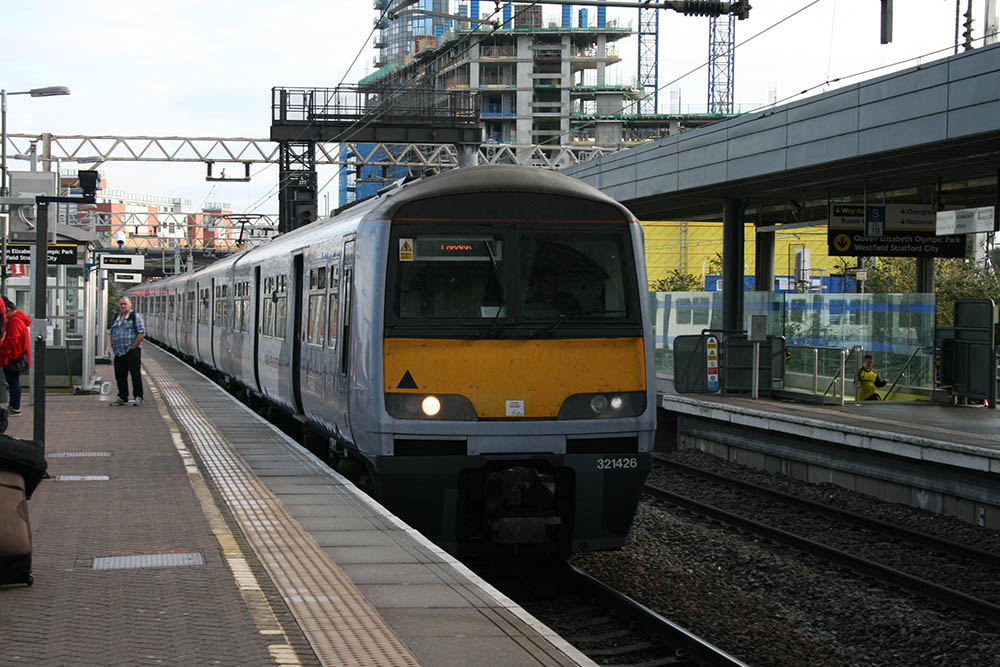Period of non-accessible rail replacement extended for train operators for further three months
The Department for Transport has moved back the deadline for accessibility compliance for train companies, with transport minister Chris Heaton-Harris MP granting the rail industry a further three-month extension.
In September 2019, it was determined by the Office of Rail and Road (ORR) that all rail replacement vehicles must be wheelchair accessible, however, in December, Heaton-Harris granted a one-month extension for train operators to source the vehicles.
According to Public Service Vehicles Accessibility Regulations 2000 (PSVAR), train operators running rail replacement services where buses have more than 22 seats must ensure the vehicle is accessible and comfortable for disabled passengers, including wheelchair users.
The regulations were set to come into force on the 1st February, however, in a letter to the Rail Delivery Group, Heaton-Harris extended the deadline again to the 30th April 2020.
The Rail Delivery Group consist of companies that run Britain’s railway, with members including Govia Thameslink, London Underground, Serco, West Midlands Trains and more.
Addressed to Paul Plummer, Chief Executive of the Rail Delivery Group, Heaton-Harris’ letter acknowledges the work the rail sector has done to improve access for disabled passengers but described the rail sector’s inability to provide suitable replacement buses as “extremely disappointing.”
“I accept that were all non-compliant coaches and buses removed from providing rail replacement services there would be a disproportionately negative effect on the provision of rail replacement services for all passengers, given the number of compliant vehicles in the market,” stated Heaton-Harris in the letter.
“On the basis that I will receive a copy of your plan by the Easter Parliamentary recess, and I find it acceptable in terms of delivering my requirements, I have agreed to allow coach and bus operators who provide rail replacement services, to apply for strictly time-limited special authorisations pursuant to s.178 of the Equality Act 2010 of up to 3 months.”
The extension until April 30th is subject, however, to a number of conditions.
According to the letter, train operating companies must source and use compliant vehicles wherever possible in the first instance, only using non-complaint vehicles that have been granted a special authorisation when other options have been exhausted.
In addition, when no compliant vehicle is available, disabled passengers must be offered alternative accessible transport at the same levels of service as those for non-disabled passengers with no detriment (for example on comfort, safety and waiting times) to those passengers.
Lastly, train operators must make arrangements in advance of planned engineering works to ensure alternative accessible transport is readily available to avoid any unnecessary and extended waiting periods for those passengers who require it – particularly if they have requested a wheelchair space.



